Kindly permit me to start this article with a footnote. I run a medium-size media company that publishes an online newspaper. We provide employment for roughly 40 young Nigerians. We do not receive government subvention or subsidy. Rather, we constantly get — and promptly settle — government bills: VAT, WHT, PAYE, corporate tax, education tax, and all that, aside the sky-high electricity and diesel expenditures. We work very hard to generate the revenue that keeps us going. Twitter drives at least 15 percent of the daily traffic to our site. We need the traffic not just for marketing and meeting the needs of our readers on the go but also to earn some decent revenue.
You can imagine my disgust when the ministry of information announced on Friday that the federal government was suspending Twitter because it was “undermining” Nigeria’s existence. I would have sworn that it is the harsh economic situation and the pervasive insecurity that are undermining “the existence of Nigeria”. Nigerians are hungry. Bandits and other species of gunmen are kidnapping school children and murdering Nigerians. Insurgents are on the rampage. Separatists are burning police stations and INEC offices, and killing police officers. I would never have guessed or thought that deleting President Muhammadu Buhari’s tweet is what undermines “our existence”.
Buhari, while receiving the INEC management team at the presidential villa on Tuesday, had condemned the arson on the electoral umpire’s offices. He said: “I received a briefing today from the Chairman of the Independent National Electoral Commission (INEC) on the series of attacks on their facilities nationwide. These attacks are totally unacceptable, and we will not allow those behind them to achieve their evil objectives. I have assured INEC that we will make available to them everything they need to operate efficiently, so that no one will say we don’t want to go, or that we want a third term. There will be no excuse for failure. We will meet all of INEC’s demands.”
“In the area of security, we have changed the Service Chiefs and the Inspector-General, and we are demanding that they rise fully to the challenges confronting us. There must be zero tolerance for all those bent on destroying our country by promoting crime and insurrection,” he added, and then dropped the ominous warning: “Many of those misbehaving today are too young to be aware of the destruction and loss of lives that occurred during the Nigerian Civil War. Those of us in the fields for 30 months, who went through the war, will treat them in the language they understand.” Buhari’s remarks as well as the video were posted on his social media handles. There was an instant uproar.
Advertisement
Any observer of the currents, however, would have noticed this government’s unease with Twitter — and, to some extent, Facebook — since Buhari came to power. Although Twitter was deployed ahead of the 2015 polls to extensively damage President Goodluck Jonathan, particularly among the young and the educated, the tables swiftly turned after Buhari’s inauguration. He started getting called unprintable names, with fake news and hate speech about him and his government getting super-amplified on the social media app. The climax, I suppose, was the deadly #EndSARS uprising of 2020. Jack Dorsey, the Twitter CEO, publicly supported the fund-raising efforts of the protesters.
There is also the little matter of Mazi Nnamdi Kanu, the supreme leader of IPOB. The group has been leveraging on the social media in its secession campaign. The Buhari administration had, in 2016, designated IPOB as a terrorist organisation. It naturally expected “cooperation” from foreign entities. On the contrary, Kanu continues to grow in influence on Twitter and Facebook, regularly making announcements and threats through those apps. His status has also grown internationally. An American company handles lobbying and media for him. The UK government surprisingly decided to grant asylum to “persecuted” IPOB members. The “terrorist” tag is definitely not flying.
There is no doubt, whatsoever, that the Buhari administration is uncomfortable with the role of social media apps in street mobilisation in the country. To us on the outside, it is freedom of speech — one of the fundamental freedoms in the free world. After all, what is democracy without freedoms? But to those in government, they believe these platforms have become a threat to national security and are meddling in the affairs of the country by enabling those who are complicating the fragile situation. Government officials are asking why Kanu is allowed a free rein to incite violence with his tweets but the president’s warning on the consequences is deleted.
Advertisement
There have been subtle moves by the Nigerian government to regulate social media but none seems to be working. It appears the deletion of Buhari’s tweet has finally afforded the government an opportunity to launch an outright crackdown. In my opinion, though, everything is wrong with the decision to suspend Twitter — no matter how you look at it. If I was in a meeting where such a decision was being contemplated, my first question would be: what impression are you trying to create to the world? That you want to be playing in the same censorship league with Iran, China and North Korea? Government must stop giving the impression that it wants to suppress free speech.
My next question would be: beyond your anger that a tweet was deleted, do you understand the implications of suspending Twitter at a time Nigerians are gasping for breath under these harsh economic conditions? A combination of low oil revenues, the COVID pandemic and poor policy choices have hurt the Nigerian economy, with the key rates — plus the one for unemployment — hitting the roof. Twitter is one platform where hundreds of thousands of young, self-employed Nigerians earn their 2k. Could it be that government officials are so furious they don’t care about the role Twitter plays in enabling the economy, even though we have a ministry for digital economy?
Some decisions taken by this government are quite disturbing. They are further hitting the battered economy below the belt. According to some estimates, the decision to suspend the sale of SIM cards early this year because of NIN registration led to a loss of over 10 million subscribers. That was a big hit on the telecoms sector, which has been a major contributor to, and sustainer of, economic growth for years, even during recession. While there is a strong argument to be made for national security in the SIM-NIN linkage policy, you also have to wonder if there is no other way of achieving the purpose without injuring the economy. The quality of decision making is so atrocious.
Confidence in the Nigerian economy is currently not at its best and we can feel the impact in the data regularly rolled out by the National Bureau of Statistics (NBS) and the Central Bank of Nigeria (CBN). Investors always complain about our policy environment, in addition to a number of other factors. We could do with a fresh inflow of foreign investments as we face a dire forex situation (a dollar is now exchanging for over N500 in the open market). We could do more to attract inflows. But when we take knee-jerk decisions as in the case of Twitter, we are not painting ourselves in glory. The community of international investors is a closely-knit circle. They talk to each other.
Advertisement
If I were in the room where the decision to suspend Twitter was being made, I would have asked: why can’t we be civil a bit? Why can’t we write to Twitter, explain the context of the president’s tweet, dispel any links to genocide, protest the decision to delete the tweet and request that it be re-instated? Why do we always behave as if this is the best Nigeria can offer? Why must our first line of reaction be that Twitter is out to undermine our existence? Even in a room full of hawks, is there not a single dove who can take a deep breath and draw out the implications? Or are people afraid to say their minds so that they too would not be accused of undermining Nigeria’s existence?
To be sure, I would be the first to say national security is very critical. I am one of those who believe that the social media would have to be regulated at some point in human history. I have been saying that for years. It is a conversation the whole world needs to have someday. Social media apps are no longer harmless — many societies have been put at risk by the kind of materials being circulated on them. If nothing is done, the basis of human civilisation would eventually be eroded and the human society could go wild. Globally, pressure is mounting on the tech companies to moderate what goes on there. There must be freedom of speech, but there is also a responsibility that should go with it.
Nevertheless, suspending Twitter is not the solution to our security problems, neither will it guarantee our “existence”. You cannot be hurting your own people and your economy because you want to get at Twitter. It’s not done. The federal government must give room for dialogue and lift the suspension as soon as possible. To tackle the problems posed by Twitter, we need to be very strategic and intelligent with it. Might is not always right. We should not throw the baby away with the bath water. We should not cut the nose to spite the face. Attacking my source of livelihood threatens my existence far more than deleting a tweet from the presidential handle. Wisdom.
AND FOUR OTHER THINGS…
POLICE AND GULAK
Advertisement
Something disturbing is becoming a characteristic of our security agencies: playing up ethnic divisions. When Ahmed Gulak was killed, the police, in an official statement, said the suspects were caught distributing onions stolen from a hijacked trailer from the “northern region” of Nigeria. The amateurish police press statements on Gulak’s murder are odious enough on their own, but for a security agency to be deliberately highlighting our fault lines is utterly horrifying. In 2016, the DSS issued a statement saying they found Fulani dead bodies in a grave in the south-east. Our security agencies shouldn’t be so brazenly involved in playing up ethnic sentiments. Dangerous.
TALK OR NOT TO TALK
Advertisement
I am one of those who criticise President Buhari for hardly communicating directly with Nigerians. I am now having a rethink. While he appears aloof, he often spits fire whenever he speaks. After the #EndSARS protests, he said: “The promptness with which we have acted [on their demands] seemed to have been misconstrued as a sign of weakness and twisted by some for their selfish unpatriotic interests… Under no circumstances will this be tolerated.” My interpretation: “If dem born you well, continue!” And now, on the ceaseless attacks on INEC offices, he said: “Those of us in the fields for 30 months, who went through the war, will treat them in the language they understand.” Chilling.
CONSTITUTION CHORISTERS
Advertisement
The much-maligned 1999 Constitution is undergoing a review again and Nigerians are being given the chance to propose the changes they want. There are no no-go areas, to the best of my knowledge. But if I know the rabble rousers very well, they will never make an input. They will be singing in the media until the process is over. They will then continue their campaign that only a sovereign national conference or whatever can amend the constitution. The almighty 1963 Constitution — the “perfect constitution”, according to them — was just an updated version of the 1960 Constitution, duly amended by the parliament. It was not re-written or jettisoned. Fact.
OWN GOAL
Advertisement
My initial reaction when the Nigerian government started raising hell over the deletion of President Buhari’s tweet by Twitter was: is this drama by Alhaji Lai Mohammed, minister of information, worth it? For the life of me, I do not understand why there must be drama over everything in this country. Little did I know that something else was loading: the suspension of Twitter operations in Nigeria, thereby disrupting the lives and businesses of hundreds of thousands of Nigerians and institutions. Even most of those who are very quick to defend the Buhari administration on every issue have found the Twitter suspension very difficult to explain or justify. This is an avoidable own goal. Foul.
2 comments

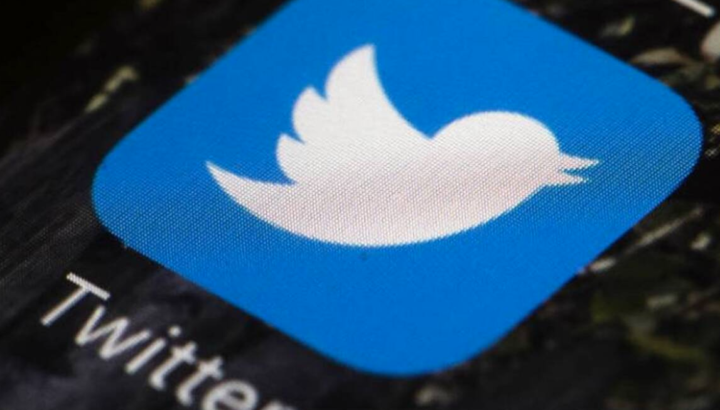
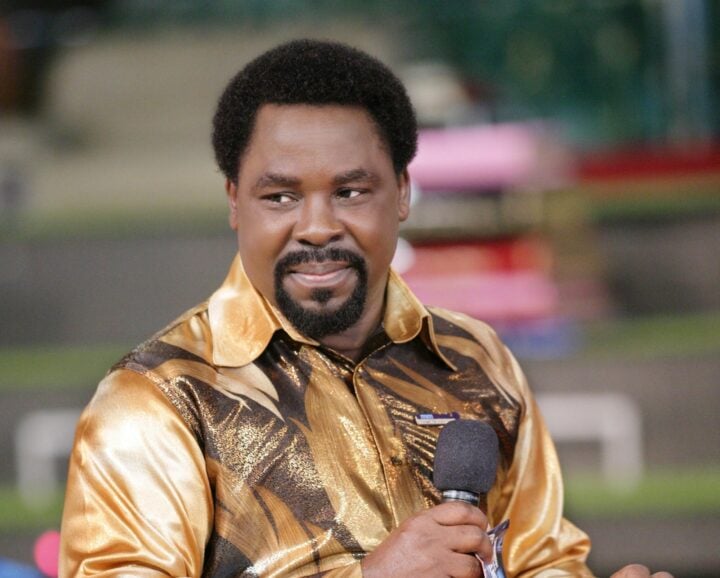
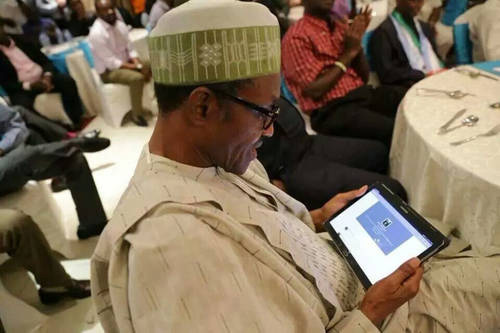

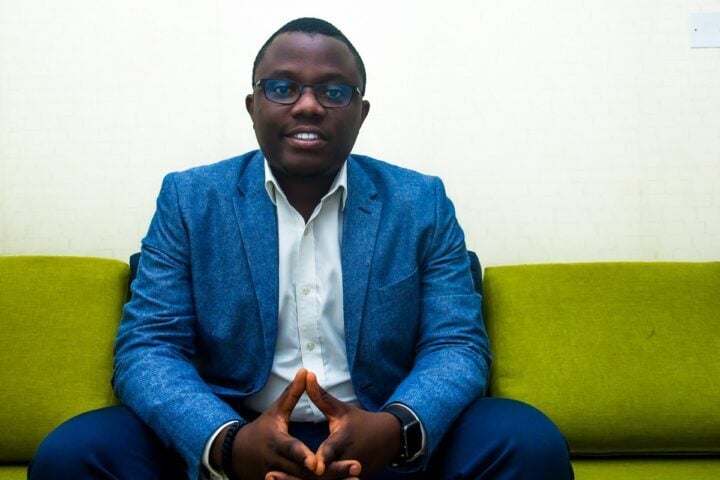

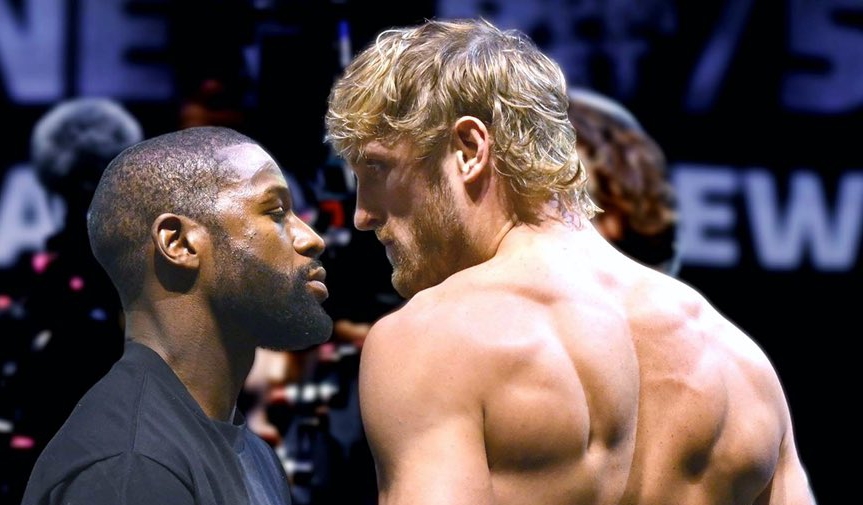
This is what happens when you have insecure bootleggers who would do anything to convince you they deserve the crumbs you pay them and the ones they steal. Did they even analyse what it would cost the nation? Did they care that thousands of Nigerian youths will loose means and sources of livelihood? Did they bother to know this will make the youth more restive? Did they care that Nigeria will loose about N60 billion every month twitter is shut out in Nigeria? Which should matter most: the already long lost ego of Buhari who hardly cares about the wellbeing of Nigeria and Nigerians?
This author just wowed me with his intelligent lines. It only goes to show the Intelligence Quotient of people we chose to represent us. They rather act at spinal level than do a proper Cerebral analysis of the present overwhelming situations around and going to ban twitter as a ‘payback ‘ for a presidential tweet delete.
It is so shameful, very shameful and irresponsible act from such a government who came to power fullforce with so much contribution from Social Media they are now attempting to rubbish.